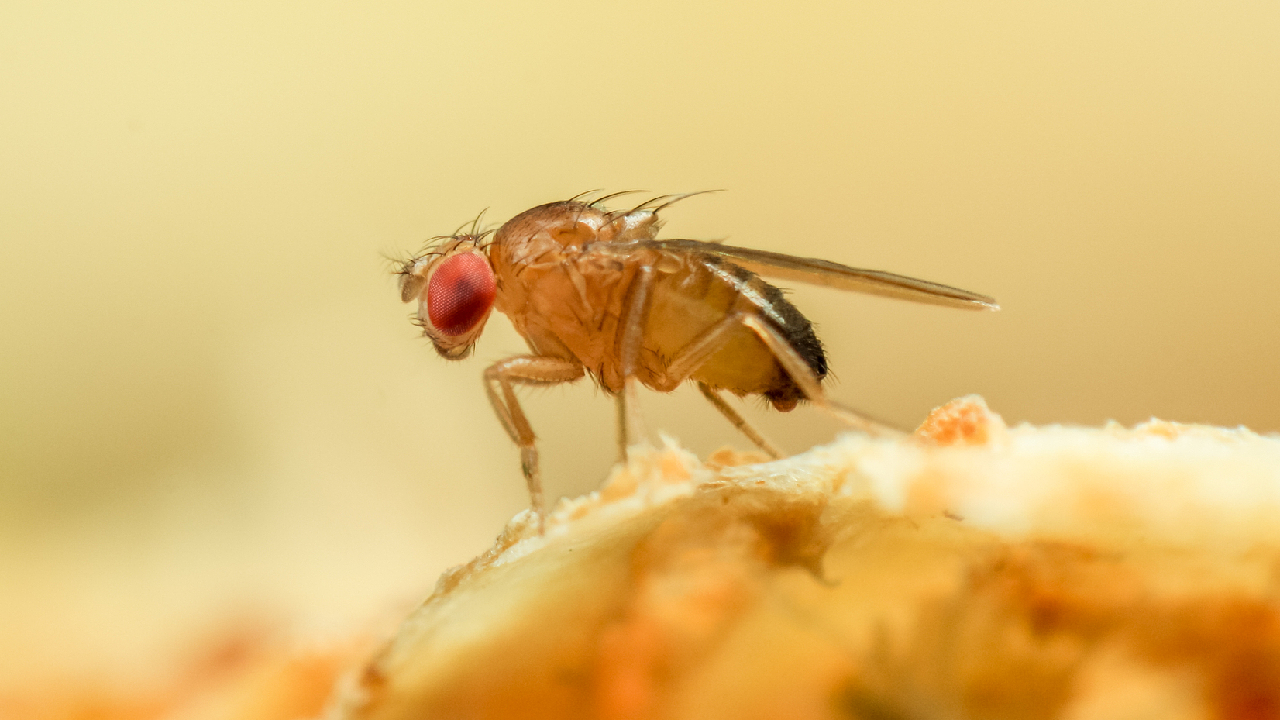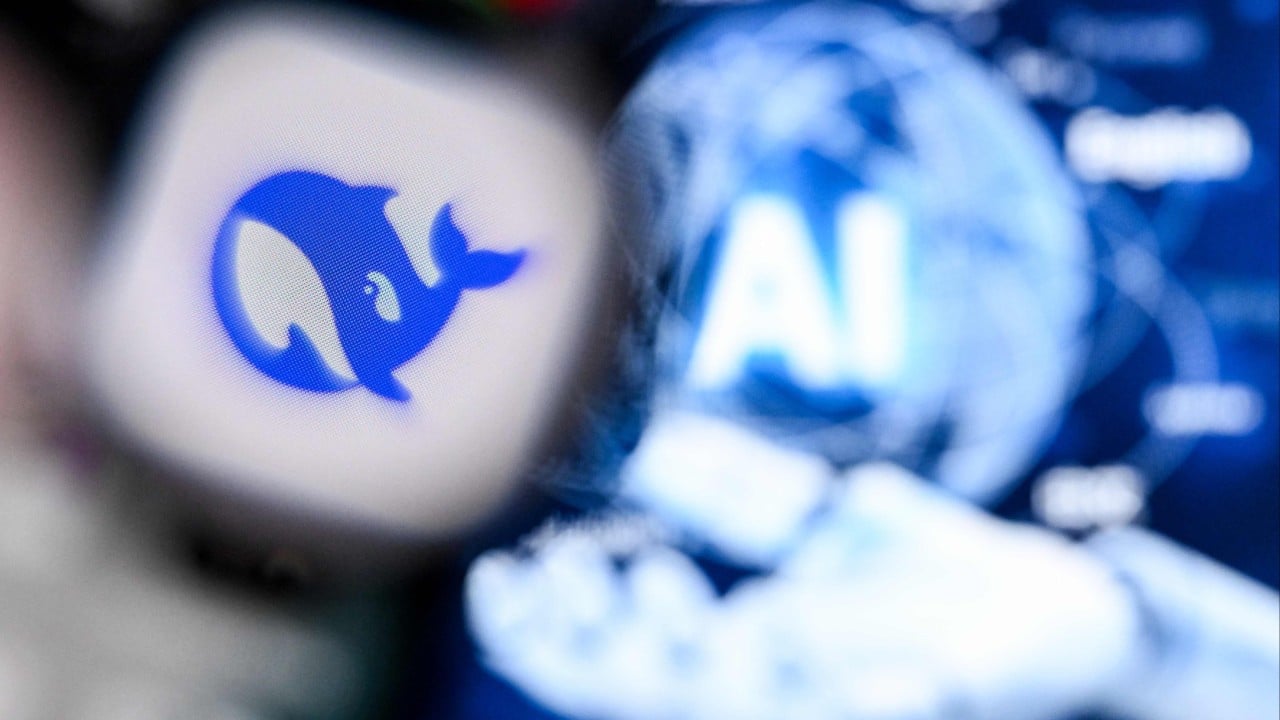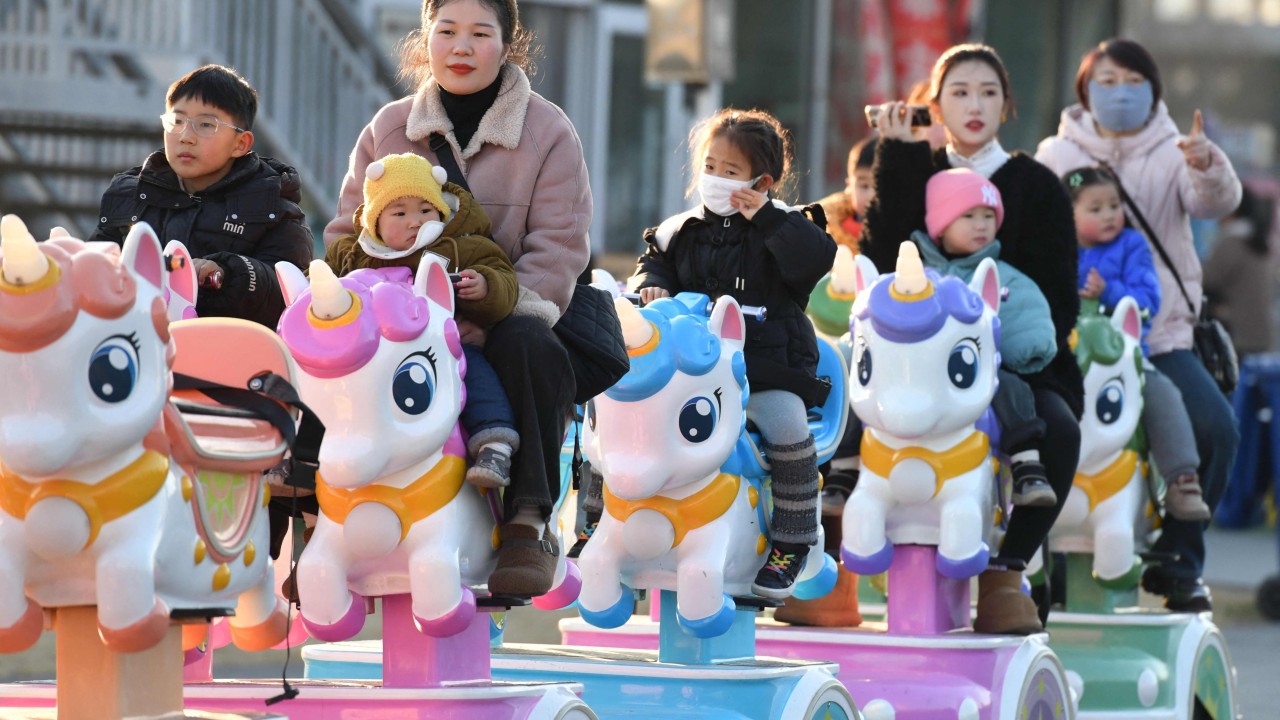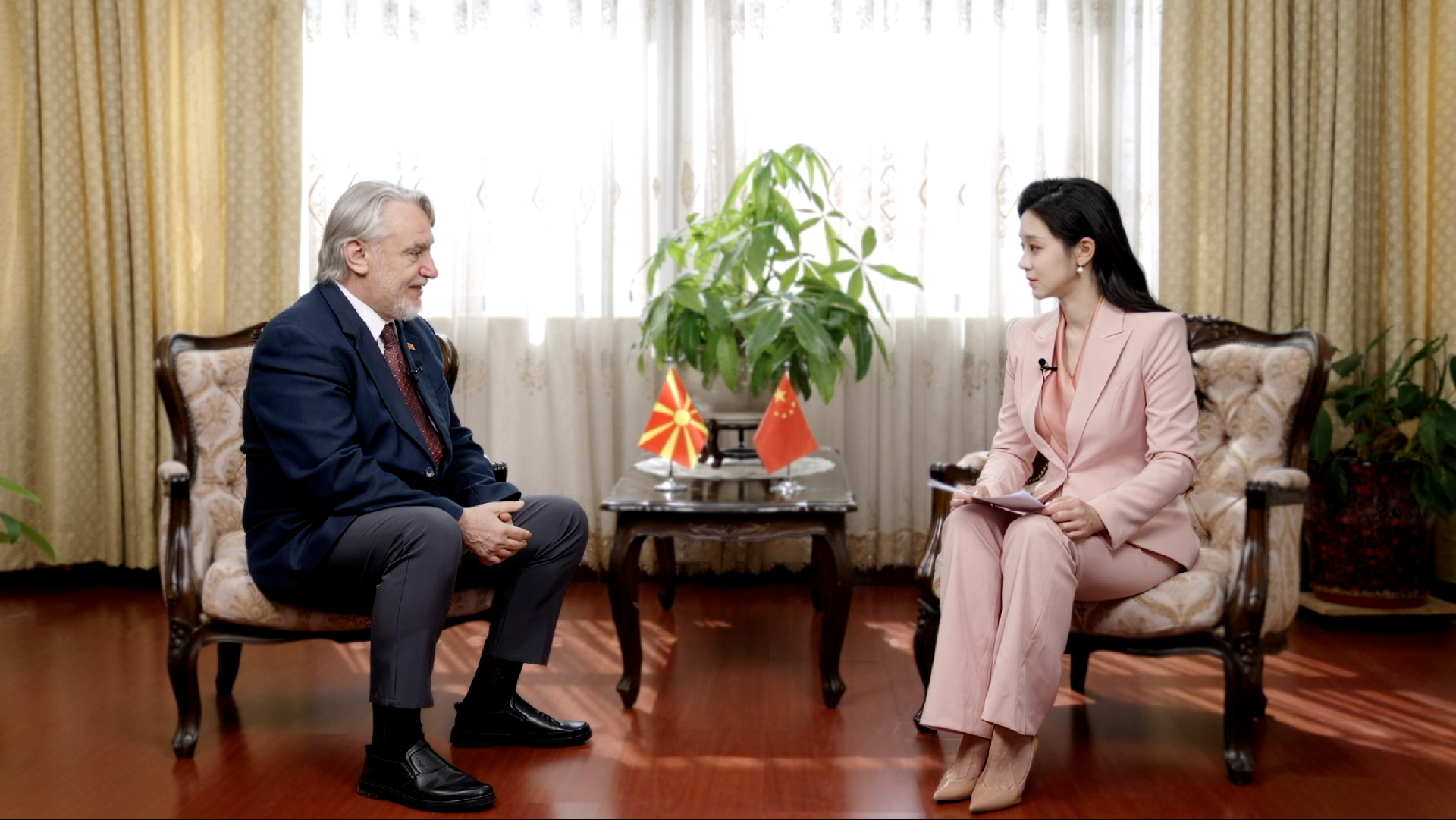
The first batch of fruit flies bred on the Chinese space station are set to return to Earth aboard the Shenzhou-19 manned spacecraft, as announced by the Chinese Academy of Sciences.
These specimens are expected to provide invaluable data for fundamental research into the mechanisms of biological magnetic sensing and gravity perception.Fruit flies, small insects that feed on fruits, are well-established model organisms in scientific research.
Their use in studies dates back over a century.
On November 15, 2024, flies were sent into space aboard the Tianzhou-8 cargo spacecraft for experiments, marking China's first foray into scientific research in a combined hypomagnetic-microgravity space environment.Li Yan, a researcher at the Institute of Biophysics of the Chinese Academy of Sciences, noted that the fruit flies were able to court, mate, and reproduce in space, much like on Earth.
However, unique behaviors were also observed.
"On Earth, fruit flies crawl and fly.
In space, they float and even somersault," Li described.After about two months of in-orbit cultivation, the fruit flies have produced three generations.
Chinese astronauts collected samples from each generation.Sub-magnetic fields, microgravity, and space radiation are three key characteristics of the extraterrestrial environment.
Zhang Wei, a researcher at the Technology and Engineering Center for Space Utilization of the Chinese Academy of Sciences, explained that observing the characteristics of fruit flies under hypomagnetic and microgravity conditions, as well as studying changes in their behavior and nervous systems, will provide crucial basic research support for ensuring the health of astronauts in future deep space exploration missions.

 9
9
















